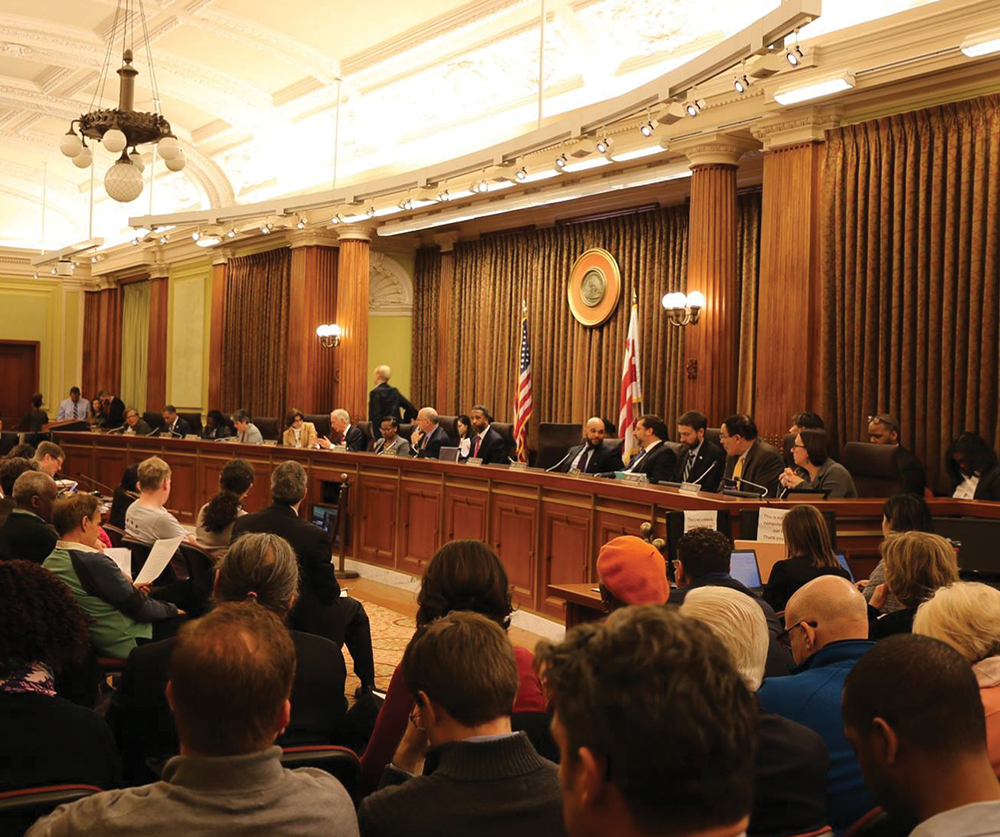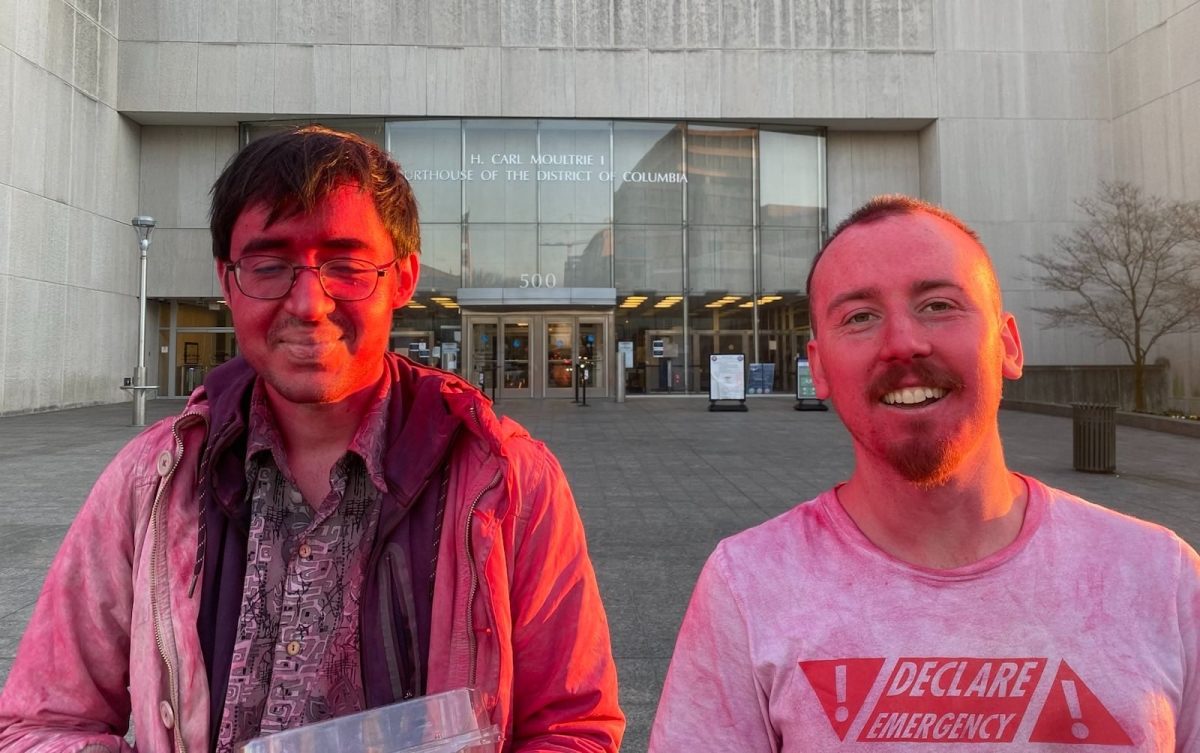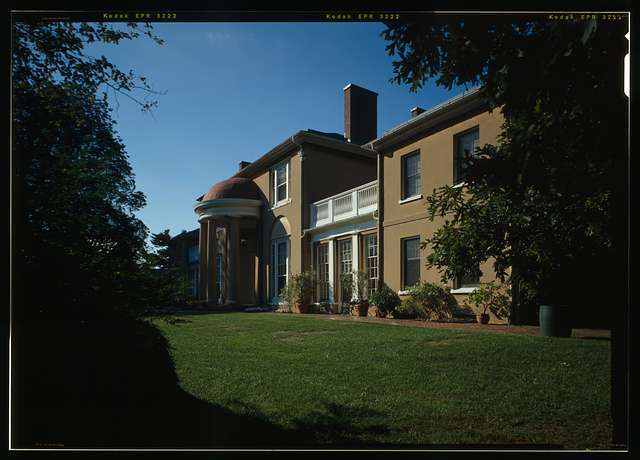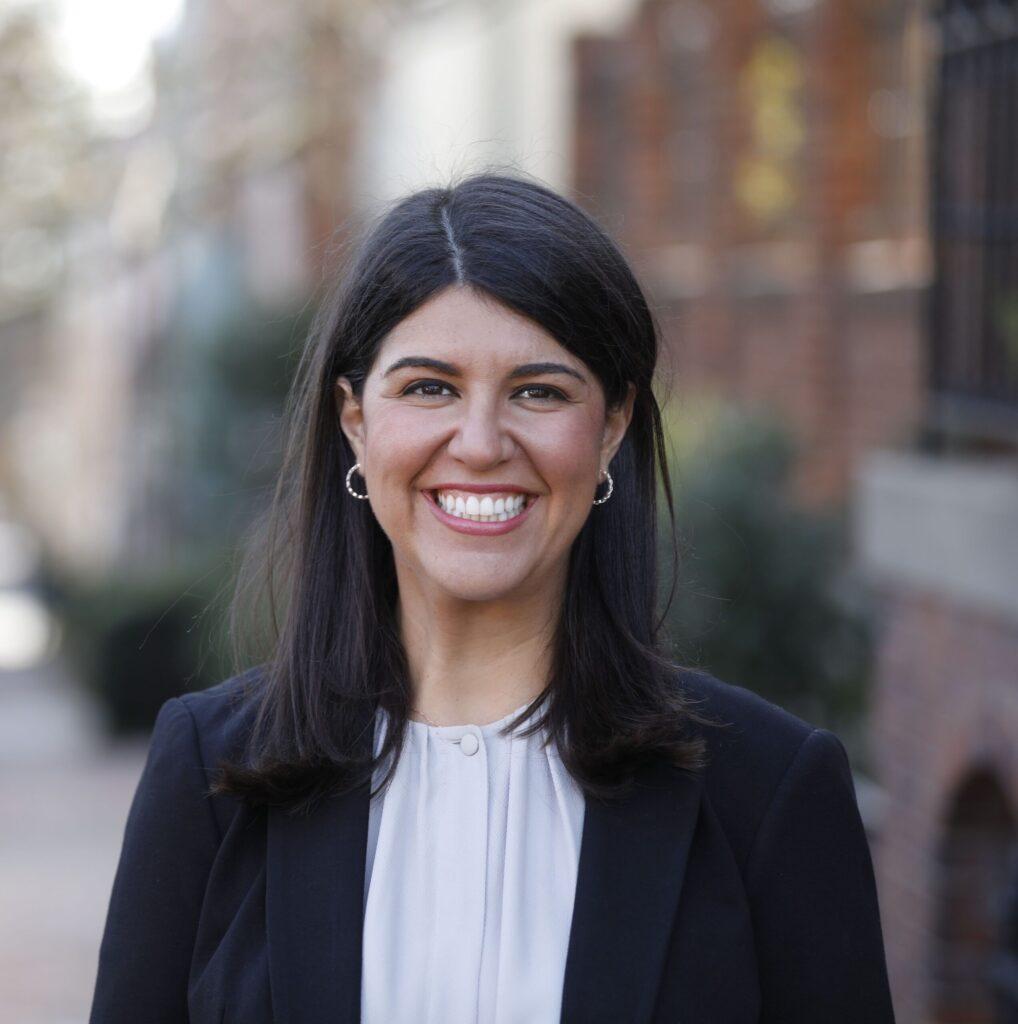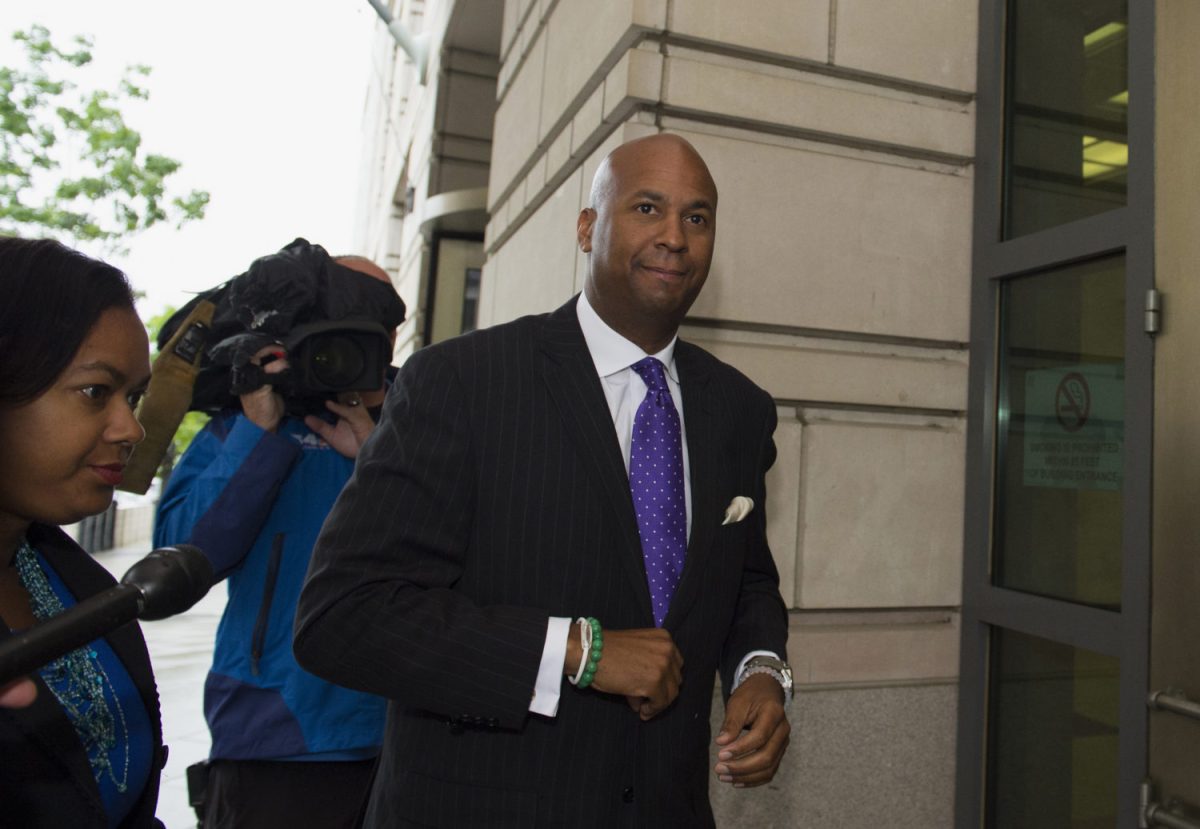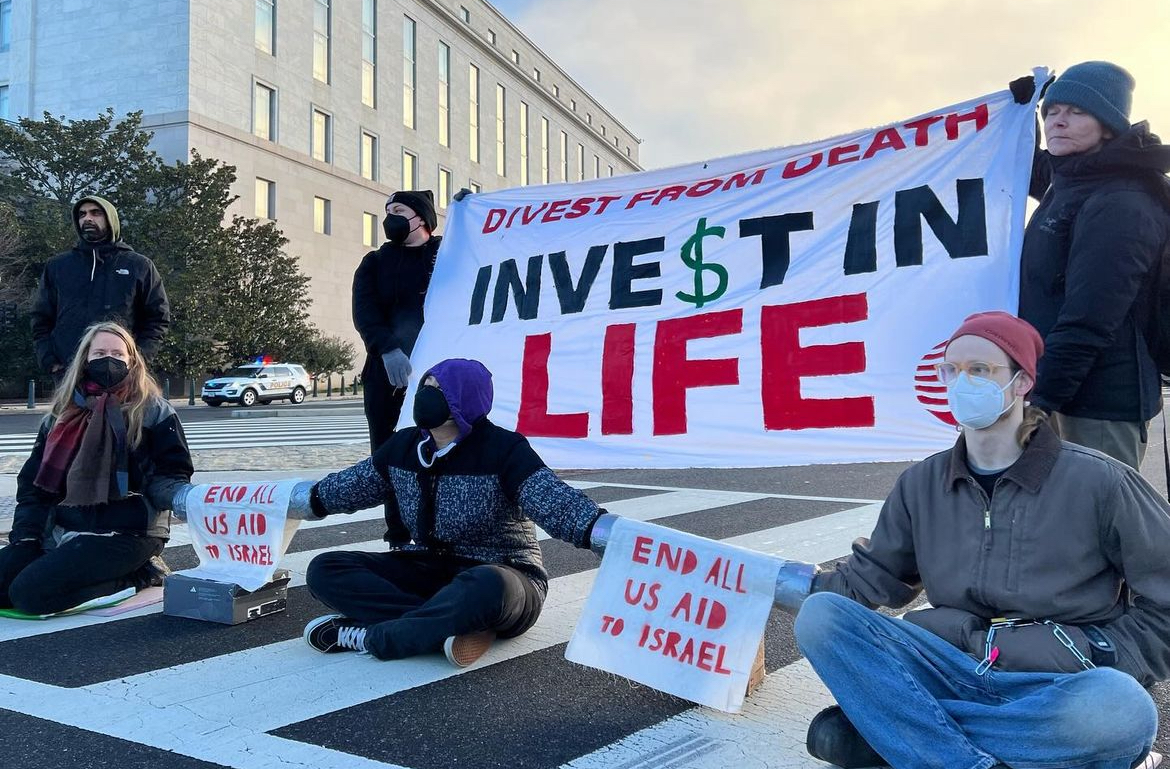Two journalists from The Atlantic spoke about the relationship of race, class and society to history at the Letitia Woods Brown Memorial Lecture to open the 50th annual D.C. History Conference, a collaborative historical dialogue between scholars and the public, April 4.
The conference provides a platform for researching and engaging with the history of the Washington, D.C.-Maryland-Virginia area, offering a wide array of educational, historical and cultural events such as “Monuments and Meaning” and “Neighborhood History and Housing.” The lecture was the first in a series of events at the conference, which extends through April 6.
At the lecture, Vann R. Newkirk II, senior editor at The Atlantic, and Jerusalem Demsas, staff writer at The Atlantic, guided discussions on the effects of race and class on societal structures. Newkirk said the conference plays an important role in bridging gaps between history and the public.
“The conference is an expression of the unparalleled work within D.C. by these institutions and others to create an extensive, living, people’s archive of the city and its unique place, and a chance for all of its many custodians of history to come together and share knowledge,” Newkirk wrote to The Hoya. “I think this conference in particular helps democratize history and brings it to the public in a way that can be used in understanding and shaping policy.”
Organizers of the conference said the opening lecture and the conference as a whole will work to use history as a means of understanding the relationship between the District’s history and its future.
“Newkirk and Demsas will draw from their extensive reporting on the ways that race and class shape the country’s and the world’s fundamental structures, considering the role of history and memory work as tools to make sense of the present and build a more just future,” organizers wrote in the conference program obtained by The Hoya.
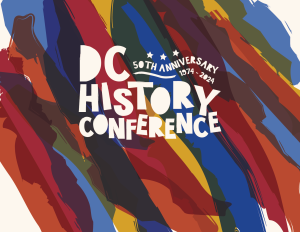
The conference, now in its landmark 50th year, was first hosted in January 1974. In its original 1971 concept memo, organizers sought to highlight the history of the District with an accessible institute. Three years later, the first D.C. History Conference featured events such as “The Formation of Neighborhood Cultures.”
Newkirk said the conference’s legacy reflects the District’s unique past, especially given its ties to the D.C. Home Rule, which former President Richard Nixon authorized in 1973, creating a local government autonomous from the U.S. Congress.
“I think the 50th anniversary of the conference should be considered a marker of the uniqueness of D.C. and its commitment to storytelling,” Newkirk wrote. “It says a great deal about the city and its place in the larger American story that the D.C. History Conference began just after home rule, that it’s always had a strong focus on the story of the people who made this city.”
CC Mesa (SFS ’26), an international history major at Georgetown, said she appreciates that the conference makes history more accessible and advocates for a more engaged public.
“I think it promotes better historical literacy among students because there’s always more to learn, which is very important not only for the discipline but also for the general consciousness of the public,” Mesa told The Hoya.
Mesa commended the organizers and their initiative in maintaining the conference’s longevity.
“I think there’s something to be said about the long-lasting nature of the conference because it shows that there’s a real commitment,” Mesa said. “It also shows, more importantly, that history is and will always be relevant to the public, and that people have been and continue to be doing good work in promoting historical knowledge writ large.”
Besides Demsas and Newkirk’s panel, this year’s conference will feature dozens of events including roundtables, creative expressions and community building opportunities, celebrating not just the longevity of the conference during its 50th anniversary, but also its increasing reach within the DMV community. According to this year’s program, organizers have been able to expand the conference’s operations from just five sessions in 1974 to 26 this year.
Newkirk said he encouraged people of all backgrounds to attend regardless of their ties to the District, saying the conference remains an important part of the mission of cultivating historical literacy.
“We should understand that a community is its story as much as it is houses or physical space or physical bodies,” Newkirk said. “And the only way the story is preserved and transmitted is straightforwardly, by dialogue.”


